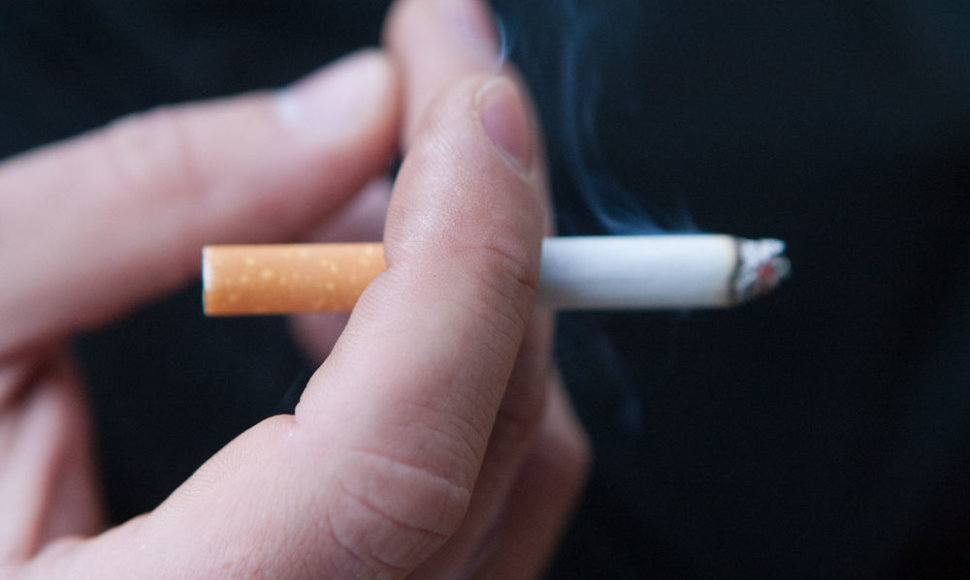In July-December of this year, Lithuania will have to coordinate talks on ban of slim cigarettes, menthol cigarettes, regulation of electronic cigarettes and regulation of tobacco distance selling.
The current plan is that, with a relevant directive on tobacco products harmonized, member-states would have 18 months to drat legal acts necessary for implementation of the directive.
Audrius Ščeponavičius, the head of the ministry's Public Health Department, says there are opinions that the deadline can be extended, adding that Lithuania will not agree to that.
"It is hard to specify the acceptable period today; however, Lithuania understands the importance of the provisions of the directive for public health and reduction of smoking, therefore, we will do everything possible to keep the deadline unchanged," Ščeponavičius told BNS.
"Improvement of public health will be the main priority in the harmonization of opinions," he said.
In Ščeponavicius' words, the tobacco directive "is not a directive of mere restrictions." "It is also a directive of 'saving' – we all know how much treatment of tobacco-related diseases costs," he said.
According to calculations published by EU institutions, treatment of tobacco-related diseases costs EU public finances about 25.3 billion euros yearly. Tobacco sales generate about 20 billion euros in taxes every year.
The new tobacco directive will take effect, if it gets approval of all 27 member-states and the European Parliament.
About 28 percent of the adult EU population smoke, while the percentage in Lithuania is about 30. Approximately 700,000 people die of smoking in the EU every year.












